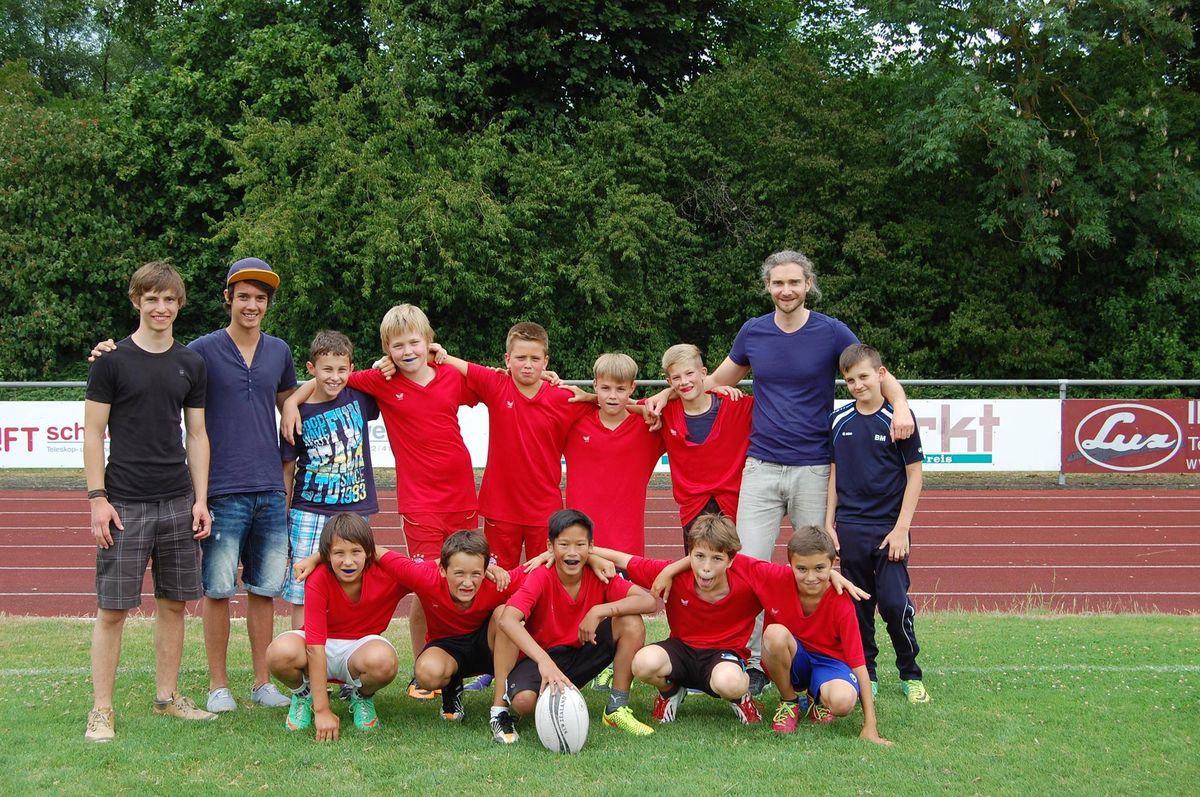
German sports clubs are more than just places to play games; they are community hubs with rich histories and vibrant cultures. Did you know that Germany boasts over 90,000 sports clubs? These clubs cater to a variety of sports, from soccer to handball, and even niche activities like fencing. Soccer clubs like Bayern Munich and Borussia Dortmund are world-famous, but local clubs also play a crucial role in fostering young talent. Membership in these clubs often includes access to training facilities, coaching, and social events. Whether you're a sports enthusiast or just curious about German culture, these facts will give you a deeper appreciation for the country's athletic spirit.
Key Takeaways:
- German sports clubs have a long history, starting with gymnastics in the 19th century. They've evolved to offer a variety of sports, from soccer to ice hockey, and have had a significant impact on German culture and community life.
- These clubs are more than just places to play sports; they also promote social integration, organize cultural events, and produce world-class athletes. They're an essential part of German society, fostering friendships, healthy lifestyles, and international sporting success.
History of German Sports Clubs
German sports clubs have a rich history that dates back centuries. They play a crucial role in the country's culture and community life. Here are some fascinating facts about their origins and development.
- The first German sports club, Turnverein, was founded in 1811 by Friedrich Ludwig Jahn, known as the "father of gymnastics."
- Many clubs were initially formed to promote physical fitness and national pride during the early 19th century.
- By the late 1800s, sports clubs began to diversify, including activities like soccer, rowing, and athletics.
- The Deutscher Fußball-Bund (DFB), Germany's football association, was established in 1900, marking a significant milestone in organized sports.
- During the Nazi regime, sports clubs were used as tools for propaganda and promoting Aryan ideals.
Popular Sports in German Clubs
German sports clubs offer a wide range of activities, but some sports are more popular than others. Let's look at the most favored sports among Germans.
- Soccer is the most popular sport in Germany, with over 26,000 clubs dedicated to the game.
- Handball is another favorite, with Germany boasting one of the strongest leagues in the world.
- Tennis enjoys widespread popularity, with many clubs offering facilities and training for all ages.
- Ice hockey has a dedicated following, particularly in regions like Bavaria and North Rhine-Westphalia.
- Athletics, including track and field events, are well-supported by numerous clubs across the country.
Structure and Organization
German sports clubs are well-organized and structured to ensure smooth operations and member satisfaction. Here are some insights into their organizational framework.
- Most clubs operate as non-profit organizations, focusing on community engagement rather than profit.
- Membership fees are a primary source of funding, often supplemented by sponsorships and government grants.
- Clubs are typically managed by a board of directors elected by the members.
- Many clubs offer a range of sports and activities, catering to diverse interests and age groups.
- Volunteerism is a cornerstone of German sports clubs, with many members contributing their time and skills.
Social and Cultural Impact
German sports clubs are more than just places for physical activity; they have a significant social and cultural impact on their communities.
- Clubs often serve as social hubs, fostering friendships and community spirit.
- They play a vital role in integrating immigrants and promoting social cohesion.
- Many clubs organize cultural events, such as festivals and concerts, enhancing community life.
- Sports clubs contribute to public health by encouraging regular physical activity and healthy lifestyles.
- They also provide opportunities for youth development, offering training and mentorship programs.
Success on the International Stage
German sports clubs have produced numerous world-class athletes and teams that have achieved success on the international stage.
- Bayern Munich, one of the most successful soccer clubs globally, has won multiple UEFA Champions League titles.
- The German national handball team has won several World Championships and European Championships.
- Tennis stars like Boris Becker and Steffi Graf emerged from German clubs to dominate the sport in the 1980s and 1990s.
- Germany's ice hockey team has consistently performed well in international competitions, including the Winter Olympics.
- Many German athletes, nurtured by local clubs, have won medals in various disciplines at the Olympic Games.
Final Whistle on German Sports Clubs
German sports clubs have a rich history and vibrant culture. From football powerhouses like Bayern Munich to lesser-known gems in handball and ice hockey, these clubs shape the nation's athletic identity. They foster community spirit, promote health, and even contribute to local economies.
Germany's sports clubs aren't just about competition. They emphasize youth development, inclusivity, and lifelong fitness. Many clubs offer programs for all ages, ensuring everyone can participate.
The fan culture is another standout feature. German fans are known for their passion, loyalty, and colorful displays of support. This creates an electrifying atmosphere at games, making every match an unforgettable experience.
In short, German sports clubs are more than just teams. They're pillars of their communities, bringing people together through a shared love of sports. Whether you're a player or a fan, there's something special about being part of this tradition.
Frequently Asked Questions
Was this page helpful?
Our commitment to delivering trustworthy and engaging content is at the heart of what we do. Each fact on our site is contributed by real users like you, bringing a wealth of diverse insights and information. To ensure the highest standards of accuracy and reliability, our dedicated editors meticulously review each submission. This process guarantees that the facts we share are not only fascinating but also credible. Trust in our commitment to quality and authenticity as you explore and learn with us.
